The jobs that will be in demand in 2040 – and the jobs that will disappear
Discover the careers you should be pursuing and the ones to ditch
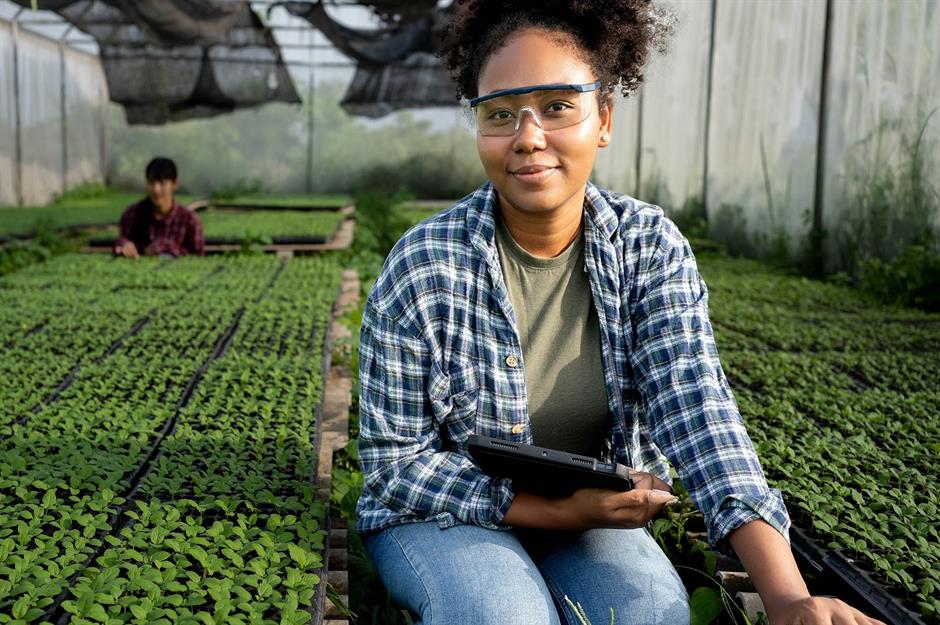
With artificial intelligence (AI) and other technologies developing at breakneck speed, it's only a matter of time before some of today's most common professions are on the chopping block.
On the upside, there should be plenty of new careers to choose from. Innovations often tend to create more jobs than they destroy, while the transition to carbon neutrality and the challenges of climate change are primed to generate a host of new roles.
Read on to discover 13 professions we think will be safe and 15 occupations that will be consigned to the past by the year 2040.
All dollar amounts in US dollars.
The overwhelming impact of AI
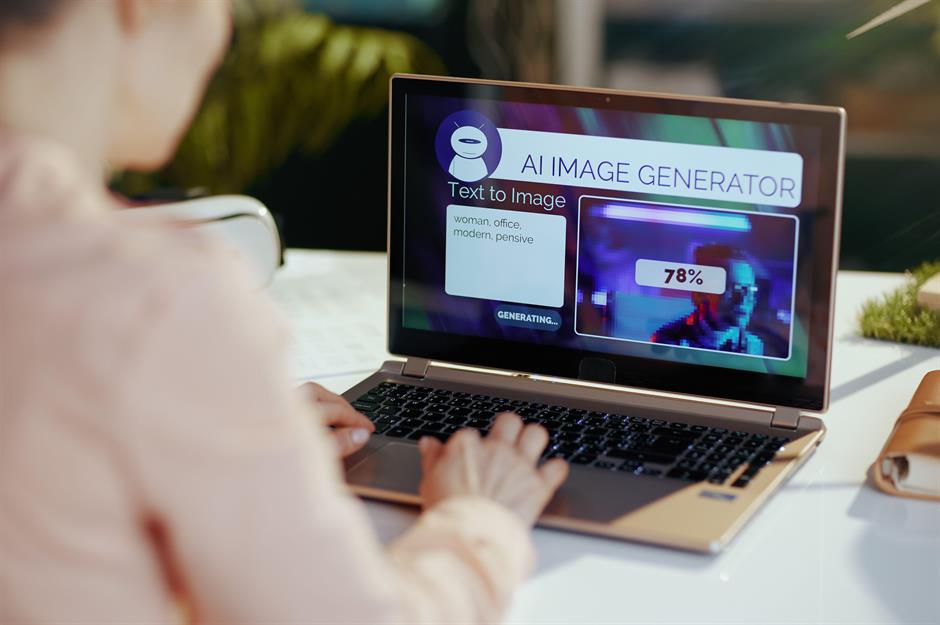
First, a revealing fact: according to research by Microsoft and LinkedIn, 75% of 'knowledge workers' now use AI in the workplace. Of these, 53% are worried about their bosses learning they use AI to complete important tasks because they think it'll make them look replaceable.
What's more, almost half of respondents admitted they're concerned about AI replacing them at work and are considering leaving their current roles. And for good reason. A 2025 World Economic Forum survey revealed that 41% of employers intend to shrink their workforce as AI automates certain tasks, while 77% are planning to reskill and upskill their existing workers over the next five years to better work alongside AI.
Without further ado, let's start by running through the 15 careers that will likely still be going strong in 2040...
Safe: data scientist
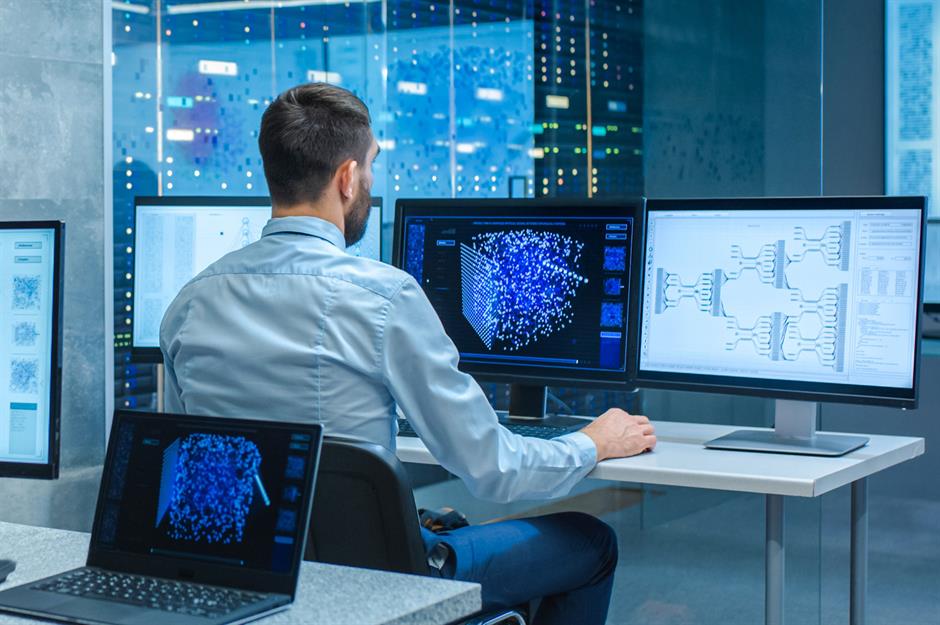
Today, data scientists collect, analyse and interpret data, and write complex code and algorithms. By 2040, AI will likely be churning out vast amounts of code and creating algorithms based on datasets that it also conceived. But don't be fooled: there'll still be a strong demand for human training data experts who'll oversee the work done by AI to check for mistakes.
However, the data scientists of today shouldn't rest on their laurels. Instead, they should focus on refining their knowledge, monitoring the latest tech, and "upskilling" (learning additional skills) to avoid falling by the wayside career-wise.
Sponsored Content
Safe: machine learning engineer

Machine learning engineers carry out the more practical tasks of researching and creating AI systems. While AI will likely carry out aspects of the job in the future, machine learning engineers will almost certainly be in business in 2040; as we've mentioned, AI systems will still need to be supervised by their human overlords.
Again, today's machine learning engineers must put themselves at the vanguard of emerging technology to stay ahead of the curve.
Safe: robotics engineer
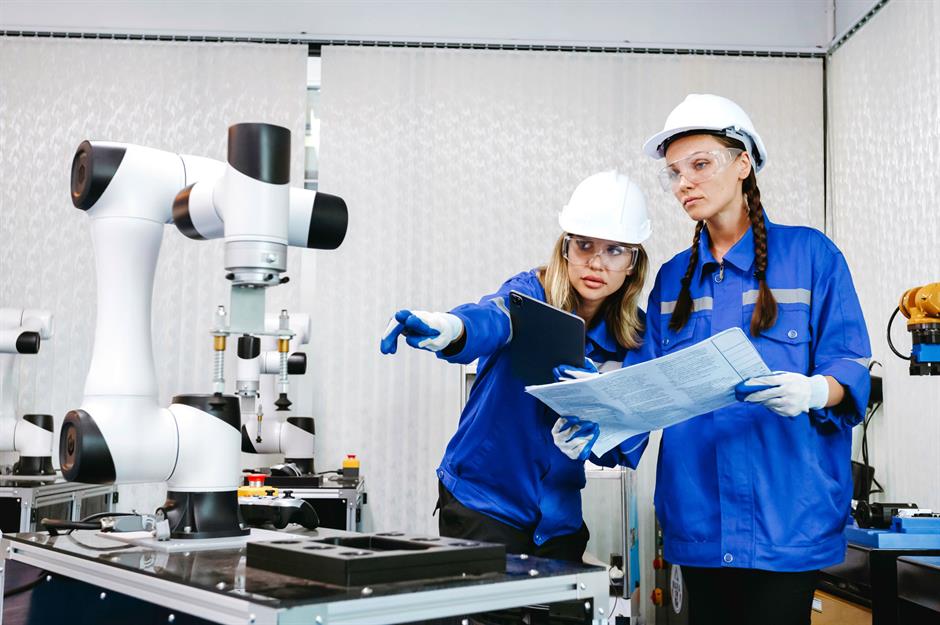
Robots building robots is already a thing, and automatons may even be designing their own kind by 2040. But many complex projects will still need to be orchestrated and overseen by flesh-and-blood robotics engineers.
To get into this lucrative field, you'll likely need a degree (and potentially also a postgraduate qualification) in AI and robotics, computer science, robotics engineering, or a related field. Advanced skills in CAD design or similar aptitudes, as well as an in-depth understanding of the Internet of Things (IoT), also won't go amiss.
Safe: wind turbine technician
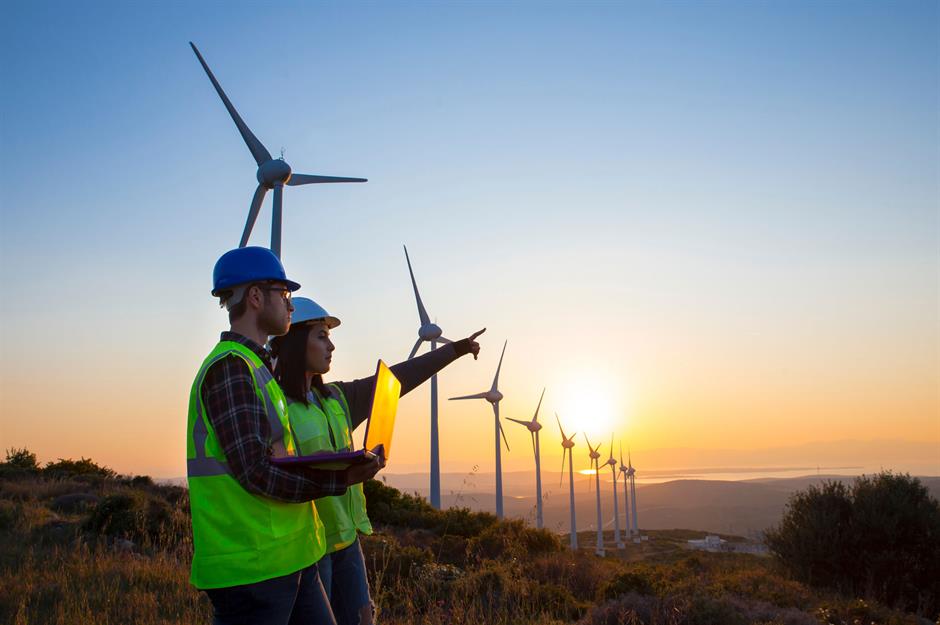
With much of the world scrambling to go carbon neutral, the number of jobs in the renewable energy sector is skyrocketing. Wind turbine technicians will be among the most sought-after professionals, and a vast number of openings will need to be filled in the coming years. Though robots could end up performing some aspects of the role – which involves installing, inspecting, and maintaining wind turbines – it's unlikely they'll be sophisticated enough to steal the job outright by 2040.
A degree in engineering, preferably renewable energy engineering, is one way to enter the field. That said, many jobs only require a secondary education diploma (or equivalent) and some experience in a technical position, as training is provided on the job.
Sponsored Content
Safe: solar panel installer and maintenance engineer

Solar panel installers and maintenance engineers will also have plenty of gigs to choose from over the next few decades. According to a study by the US Bureau of Labor Statistics, solar power is set to be one of the fastest-growing sectors, necessitating many new job openings in the coming years.
If you're keen to enter the field, it's advisable to train as an electrician specialising in solar panels or take a related college or vocational course. However, some employers offer on-the-job training to applicants with no relevant qualifications or experience outside of their secondary education.
Safe: horticulture expert
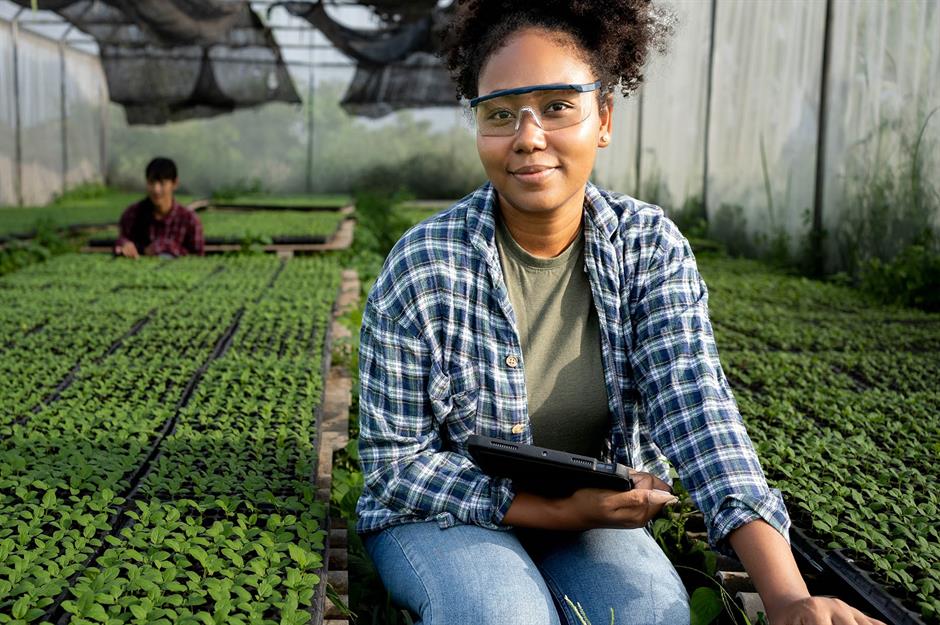
With climate change disrupting everything from growing seasons to plants' ability to absorb nutrients, experts in horticulture will be in high demand as the world struggles to grow crops in increasingly inhospitable environments.
Plant experts will also be called upon to create and manage the mass tree-planting projects that will be needed to mitigate the effects of global warming. This means the green-fingered are likely to be in work for a long time to come.
Safe: editor of AI-generated content, investigative journalist, reporter and opinion columnist

The emergence of generative AI tools such as ChatGPT and Bard has left journalists fearing for their jobs, and by 2040 AI will doubtless be penning more editorial content.
Nevertheless, human editors will be required to supervise AI-generated content, while certain roles in the field of journalism will almost definitely be safe. For instance, investigative journalists, on-the-ground reporters, and opinion columnists – particularly big-name writers – won't have to worry about their jobs being stolen by AI. What's more, many readers will be prepared to pay a premium for human-generated editorial content, and there could be a significant backlash against articles produced by AI.
Sponsored Content
Safe: genetics engineer

Genetics and genomics have been described as the future of medicine. With personalised gene-based healthcare and, ethics permitting, gene-edited 'designer babies' on the cards, genetics engineers will be in massive demand.
As with so many professions, AI will play a key role in genetics engineering. But in 2040, human experts will probably still perform much of the work in this sophisticated area.
Safe: medical doctor
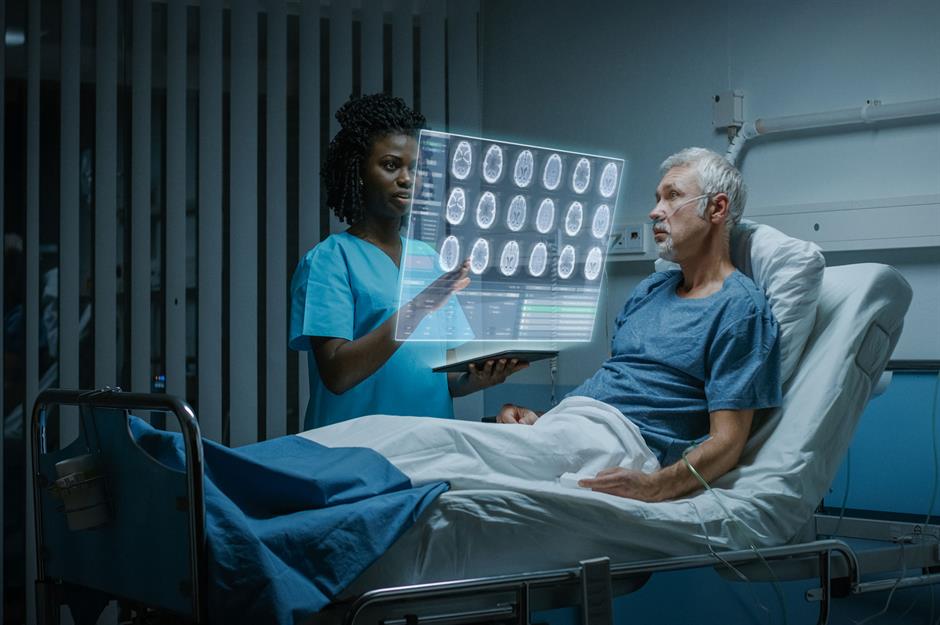
Staying in the field of healthcare, medical doctors won't be vanishing anytime soon – nor indeed in the medium or even long term.
According to a report from the Royal Dutch Medical Association entitled The Role of Doctors in 2040, cutting-edge technologies such as personalised gene-based healthcare, AI, robotics, and eHealth will complement human physicians rather than replace them. Patients will always want the human touch that machines will never be able to replicate, no matter how advanced they become.
Safe: nurse

Similarly, nursing positions – which arguably involve more of the human touch than physician roles – are set to be in high demand in 2040.
A recent study published in the journal NursingOpen found that the “[human] nurses' touch will always be an irreplaceable component of caring in nursing”, while research from the US Career Institute, which evaluated 65 professions, rated nurse practitioner as the role least likely to be replaced by AI and robots. While AI-powered nursing robots may eventually be rolled out en masse in clinics, hospitals, and other medical facilities, there will still be human nurses offering compassionate care that no technology can match.
Sponsored Content
Safe: careworker

Careworkers are unlikely to be replaced in their entirety by AI-driven 'carebots'. And as the world's population gets older, these jobs will likely be plentiful, as confirmed by a recent UK government analysis.
Even if automated careworkers become commonplace, many people will be prepared to pay extra to be looked after by a human rather than a machine, assuming they have the money to do so.
Safe: social worker

Social workers have to contend with highly complex human issues, assisting individuals and families dealing with disability, substance addictions, mental health problems, abuse, poverty and discrimination.
Emerging technologies will be able to assist social workers in their day-to-day work, but the idea that AI or robots could replace them entirely seems unfounded. That's because the job requires empathy, compassion, and perceptiveness, which machines (at the moment) can't authentically provide.
Safe: chef

Robotic chefs such as Moley, Aitme, and Mechanical Chef have already been developed, with some of the more advanced examples capable of rustling up hundreds of different dishes.
These robots will perform many basic cooking tasks in the near to medium-term future, but it's unlikely they'll replace talented human chefs in the next few decades. Matching a chef's imagination, creativity, and finesse is a tall order, and even if automatons could, many diners would be willing to pay more for a human-made meal.
Now, let's lift the lid on the jobs that are disappearing at an alarming rate...
Sponsored Content
Disappearing: unskilled factory worker

Unsurprisingly, blue-collar factory jobs could soon become fully automated. Firms are already running 24/7 lights-out manufacturing facilities that are 100% automated. Examples include the Japanese robotics company FANUC, which uses industrial robots to assemble other robots, and even Dutch conglomerate Philips – did you know just nine humans work in the facility that makes its famous electric razors?
Still, there could be some pushback as governments fret over job losses, with several countries considering 'robot taxes'. South Korea already levies a tax of sorts on the automation sector, having reduced tax breaks previously enjoyed by robotics companies. Highly skilled factory roles are unlikely to disappear anytime soon, and there will always be a demand for luxury goods made by human hands.
Disappearing: warehouse packer

The warehouse packers of the world may want to start looking for an alternative career. Preparing and packing goods for shipment requires a limited skill set and is easily performed by robots.
Edging towards 100% automation in its warehouses, retail giant Amazon debuted Proteus, the firm's first fully automated mobile bot, in 2022. What's more, retailers such as China's JD.com and the UK's Ocado already have facilities staffed entirely by robots.
Disappearing: retail cashier

Self-checkout use has surged in recent years and supermarkets including Kroger in the US, Sainsbury's in the UK, and Aldi in Germany have stores that are 100% self-checkout. Some retail outlets even offer checkout-free experiences along the lines of Amazon Go.
Though there's been a backlash of late – some Walmart and Canadian Tire stores are scaling back self-checkouts, while the British supermarket chain Booths has almost done away with them entirely – research shows 85% of Gen Zs prefer self-checkouts over the traditional option, which doesn't bode well for retail cashier jobs in the future. In fact, more cashier jobs are set to disappear than any other this decade, according to the US Bureau of Labor Statistics.
Sponsored Content
Disappearing: bank teller

The shift towards online and mobile banking and ATMs has resulted in fewer bank teller roles, while many retail banks around the globe have launched automated smart branches and 'pods'. These include Bank of America, British bank chain Barclays, and China Construction Bank, which has a branch in Shanghai staffed by a robot called Little Dragon.
Studies have shown it's mainly Baby Boomers who prefer to bank with a human, while 71% of Gen Zs would rather use their smartphone, along with a majority of Millennials and Gen Xs. This indicates that by 2040, bank tellers will be a thing of the past.
Disappearing: parking attendant
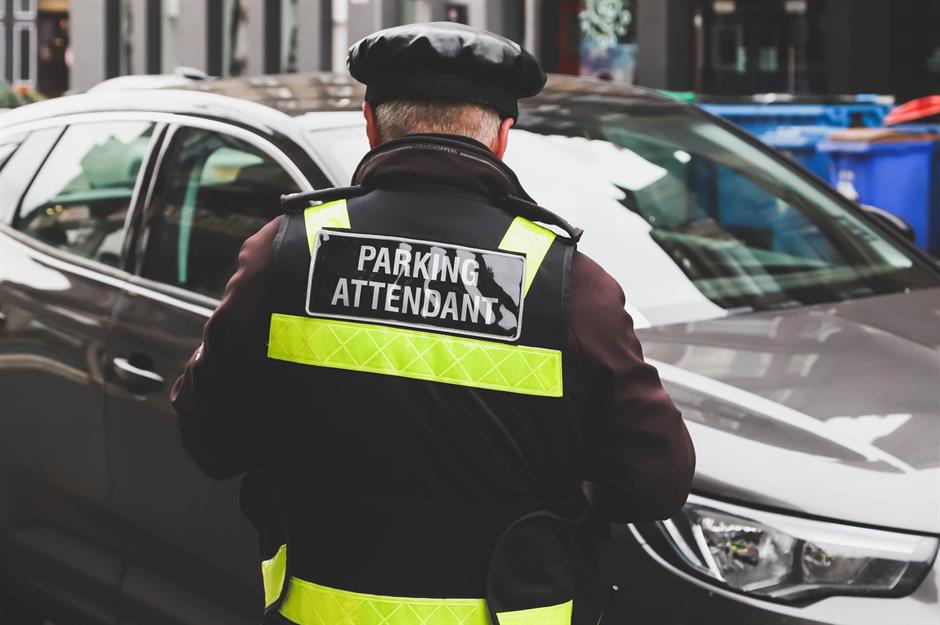
A range of technologies, including AI-powered smart parking systems, robot cameras, and mobile apps, threaten to render human parking attendants obsolete.
On the one hand, this means parking attendants won't be able to abuse their power and trap you into paying a fine. On the other, it also means you won't be able to sweet-talk the more lenient staff members out of giving you a ticket...
Disappearing: meter reader

Considering a career as a meter reader? You may want to change course. With an increasing number of utility companies installing smart meters that relay the numbers directly back to them, this profession is in sharp decline.
By 2040, it's likely the vast majority – if not all – meters will be accessed remotely, meaning the role of the meter reader will be long gone.
Sponsored Content
Disappearing: data entry worker

Humans punching away on keyboards to upload data into computer systems will no doubt seem curiously old-fashioned in 2040.
As the world becomes increasingly paperless, physical documents such as forms, surveys, and other data sources will likely be minimal by that point. Optical character recognition (OCR) software and AI will be able to take care of any data entry tasks that organisations may still require.
Disappearing: travel agent

Can you remember the last time you booked your holiday through a travel agent? Physical travel agencies are few and far between these days, and travel agents are a dying breed. The lion's share of flights and holidays are now organised exclusively online, and many jetsetters see travel agents as unnecessary intermediaries that add extra costs.
The exception is high-end travel concierges that provide luxury bespoke experiences. These niche travel agents, tasked with curating unique holidays for the wealthy, will likely survive, but the volume of jobs in this area could be low.
Disappearing: proofreader

Proofreading jobs are being threatened by online platforms such as Grammarly and by generative AI, which can speed through text and identify spelling and grammar errors in an instant.
By 2040, there's a good chance humans will still be required to check for correct tone and style, while more complex technical text will need a person to scrutinise the facts and highlight any errors. But for basic proofreading, employers will likely turn to AI over a real person.
Sponsored Content
Disappearing: fast-food cook
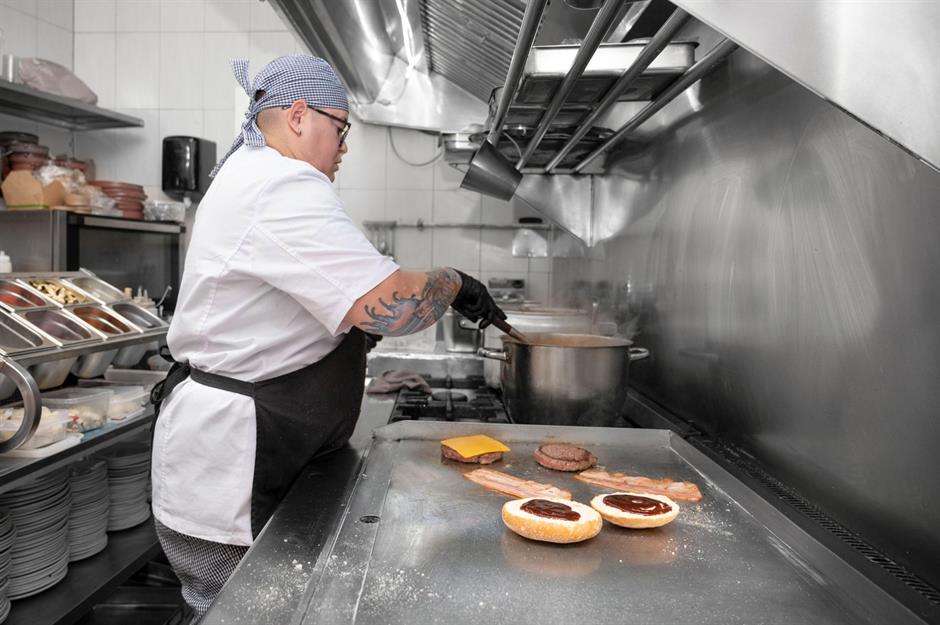
Flipping burgers for a living could be a thing of the past in the not-too-distant future. While high-level chef jobs are set to stay, machines will increasingly take over fast-food roles. This is because they involve repetitive tasks requiring little expertise, which robots can efficiently perform.
Chains such as Chipotle and White Castle are investing big in robotic chefs, while McDonald's has already trialled deep-frying bots. A New Jersey startup has even launched RoboBurger, the world's first fully automated robot vending machine that can whip up a fresh and supposedly restaurant-quality burger in under four minutes.
Disappearing: mail sorter
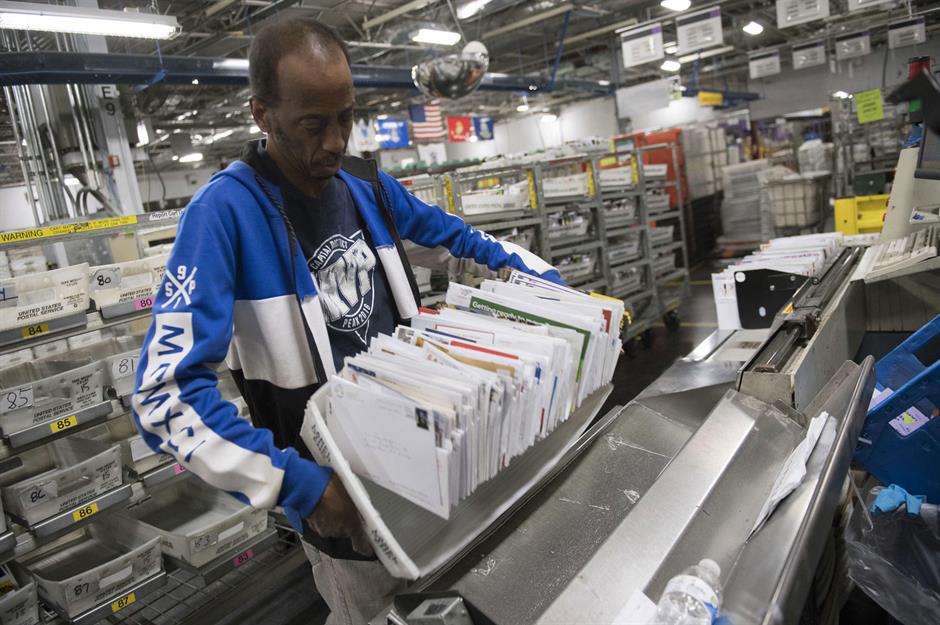
Mail sorters have been a mainstay of postal services worldwide for years, but the role is hurtling swiftly towards extinction.
State-of-the-art mail sorting machines are more reliable than humans and significantly faster. Throw in the fact that volumes of snail mail are already enormously reduced, and the fate of this job really does seem to be signed, sealed, and delivered.
Disappearing: switchboard operator

It may surprise some people, but the role of Switchboard operator still exists – as a cursory glance through job listings on Indeed, Glassdoor, and similar sites confirms.
Whether this career will stand the test of time seems unlikely. Phone automation has been around for quite some time now, and with the advent of AI-powered voice assistants, there won't be a need for humans to do this job in the near future. That said, there will probably still be a market for receptionists who have to use discretion when transferring calls in office-based environments.
Sponsored Content
Disappearing: entry-level computer programmer

As we've mentioned, AI will perform most basic coding tasks in the coming decades and beyond. ChatGPT is already reasonably fluent in various programming languages, including C++, Java, and Python.
Human programmers will still be required for more advanced coding projects, and while AI will replace entry-level jobs, the technology will serve to complement the work of more senior coders rather than replace them.
Disappearing: entry-level translator

Google Translate already produces satisfactory translations, while generative AI tools like ChatGPT are even better at rendering text in different languages.
AI will likely do basic translation in the near to medium-term future. But more in-depth technical translation, not to mention the translation of nuance-heavy novels and other works of literature, will probably still need to be undertaken by a person. Even if AI creates the first draft, it will need to be checked scrupulously by a human translator.
Disappearing: entry-level graphic designer

Similarly, AI is already a dab hand at graphic design. We're spoiled for choice when it comes to platforms and tools, with Jasper Art, DALL.E, Designs.ai, and Adobe Sensei among the most popular examples of AI-driven design applications.
Yet for all the AI resources that will be available in the future, accomplished and big-name graphic designers will likely have no trouble finding clients who will flock to them for the human creativity that AI won't be able to fake.
Now discover what the average person earns in 42 countries around the world
Sponsored Content
Comments
Be the first to comment
Do you want to comment on this article? You need to be signed in for this feature